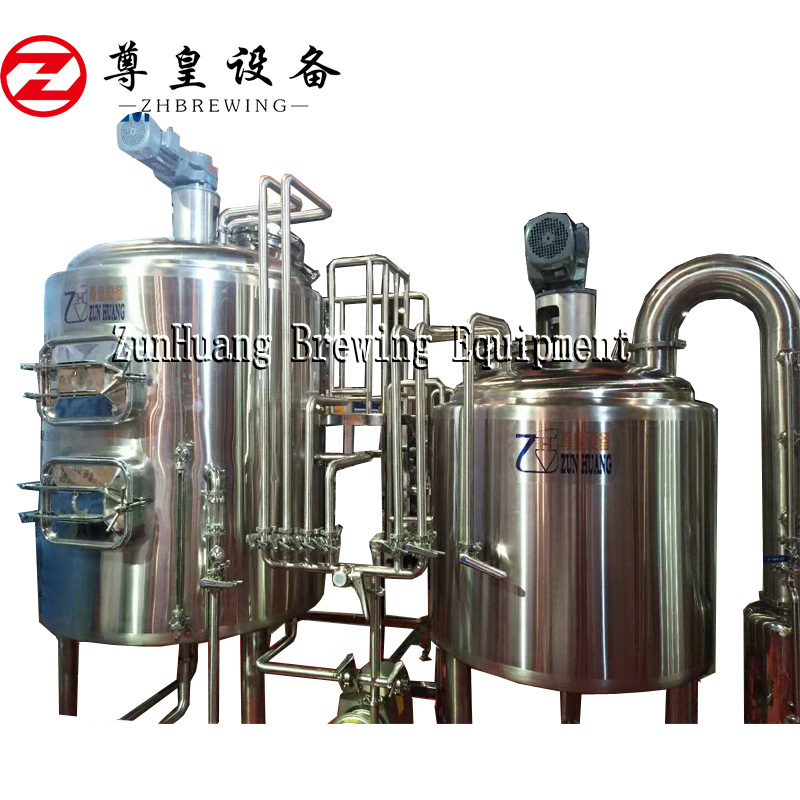
There are two explanations for the saccharification time: in a broad sense, it refers to the period from the time of feeding to the filtration of the wort; in the narrow sense, the mash temperature reaches 62-70°C until the saccharification is complete (iodine reaction is complete).
The generalized saccharification time varies with different saccharification methods. Shortening the saccharification time means improving the utilization rate of the equipment department, reducing the heat load of the wort, reducing energy consumption, and improving the quality of wort and beer. How to rationally arrange the saccharification operation and shorten the saccharification time is very meaningful.
The saccharification time is closely related to the quality of malt, whether to use auxiliary materials and their added amount.
The narrowly defined saccharification time has a great relationship with the quality of malt. Under normal operating conditions, when the mash temperature reaches 65°C, the mash is complete in about 15 minutes. The quality of the wort is good, and the wort filtration is generally smooth; the mash is generally smooth in about 30 minutes. Complete, the malt quality is average, the wort filtration will not encounter difficulties; 1h still can not be completely saccharified, the malt quality is poor, the enzyme activity is insufficient, the malt filtration will be difficult, you need to switch to good quality malt or use the corresponding enzyme preparation .

